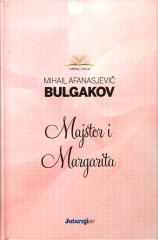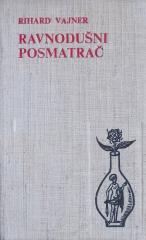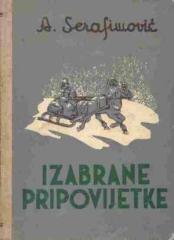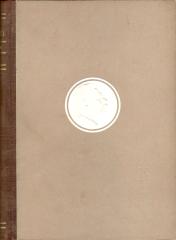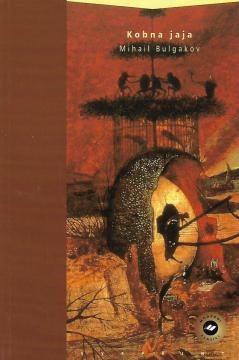
Kobna jaja: Pripovijest
Pripovijest Kobna jaja (1924.) satirična je znanstvena fantastika smještena u Moskvi 1928., u doba sovjetske obnove nakon građanskog rata. Grad cvjeta, ali birokracija i totalitarizam leže u zrakama.
Glavni junak, profesor zoologije Vladimir Ipatjevič Persikov, specijalist za vodozemce, slučajno otkriva "crvenu zraku" kroz mikroskop: zraka ubrzava razmnožavanje stanica, čineći amebu agresivnom i hiperaktivnom. Eksperimenti potvrđuju efekat – žabe evoluiraju u dva dana, postajući grabežljivci. Izum brzo privlači pažnju: novinari, špijuni i GPU (tajna policija) ga slave kao spas za Sovjetski Savez.
U isto vrijeme, misteriozna kuga briše svu perad u SSSR-u, zaustavljajući se na granici. Da spasi ekonomiju, vlasti konfisciraju Persikovljevu opremu i daju je Aleksandru Semjonoviču Rokk-u, ambicioznom menadžeru sovhoza (ime aludira na "rok" – sudbinu). Rokk planira masovno uzgoj kokoši za hranu proletarijatu.
No, greška u pošiljci mijenja sve: u Persikovlju laboratoriju završe obična kokošja jaja, a Rokk dobiva jaja reptila iz inozemstva (zmije, krokodili, nojke). Pod crvenom zrakom, reptili eksplodiraju u gigantske, ubojite zvijeri: zmije dugačke desetke metara jure ljude, nojke razbijaju vozove, krokodili jure po ulicama. Moskva tone u kaos – panika, pobune, vojna intervencija Crvene armije.
Persikov, optužen za katastrofu, lynchan je od gomile. Gomila razbija kamere. Zmije opsjedaju grad, ali neočekivani mraz u kolovozu (čudo prirode) ih uništava, spasavajući Moskvu. Raniji nacrt završava apokaliptički: zmije progutaju glavni grad.
Bulgakov kroz grotesku ismijava sovjetski entuzijazam, birokratsku nesposobnost i znanost bez kontrole. Persikov simbolizira genijalnog izolacionista, Rokk – karijerističkog birokratu. Djelo kritizira utopijske sanje i totalitarne intervencije.
Jedan primjerak je u ponudi
